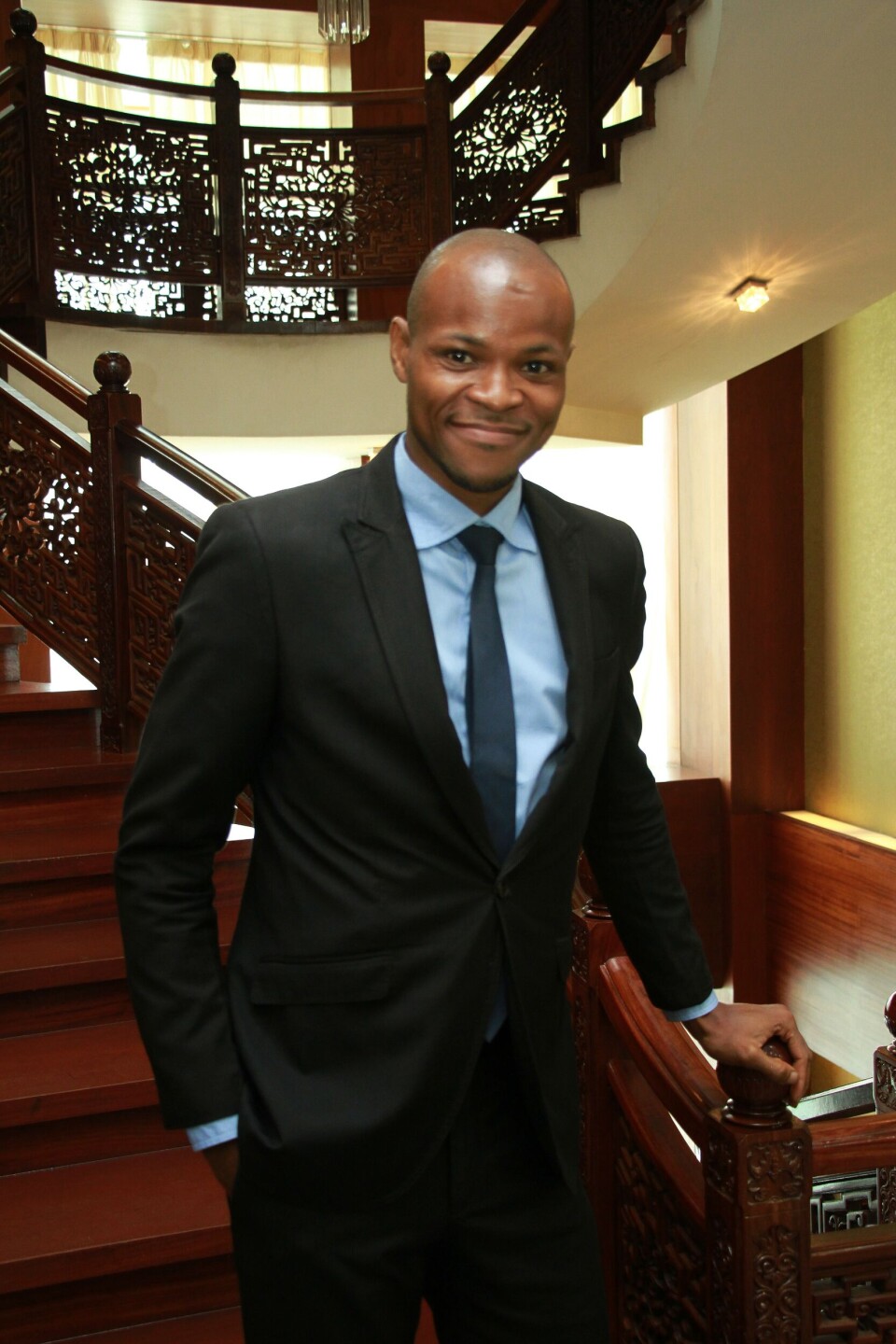Copyright : Re-publication of this article is authorised only in the following circumstances; the writer and Africa Legal are both recognised as the author and the website address www.africa-legal.com and original article link are back linked. Re-publication without both must be preauthorised by contacting editor@africa-legal.com
Digital Age Presenting Opportunities Lawyers Must Grab Says Virtual Law Firm Boss

Senator Iyere Ihenyen is the founder and lead partner of Infusion Lawyers, Nigeria’s first, and currently only, virtual law firm. He spoke to Africa Legal’s Kingsley Ugochukwu Ani about practicing law in Nigeria in the digital age.
“A great deal of work needs to be done in Nigeria to develop laws that will protect the economy and ordinary people in the digital age. What we need are strong anti-trust and competition laws, consumer protection laws and comprehensive data protection legislation.”
This is the view of Advocate Senator Iyere Ihenyen, one of Nigeria’s strongest legal voices on intellectual property, privacy and digital-specific legislation.
Ihenyen is the founder and lead partner of a major disruptor in Nigerian law circles, Infusion Lawyers, a virtual IP and IT law firm operating from Lagos’ plush Victoria Island.
“A fusion of technologies, ICT laws and policies needs to be put in place,” he says, “In a global economy, where intangibles are the greatest assets, we need digital friendly intellectual property laws and policies.”
Ihenyen is a legal adviser to a blockchain-based startup and has provided advice on blockchain and cryptocurrency matters. He regularly appears on discussion panels and the online site cryptotvplus.com to discuss these topics and their impact on data protection and their applicability across industries.
“Today’s clients are more sophisticated and mobile than ever before. Technologies are changing everything resulting in a new marketplace for professional services,” he says.
“When I founded Infusion Lawyers, I didn’t realize I was setting up Nigeria’s first virtual law firm. All I wanted to do was use my passion for IP and IT to meet demand in the new global knowledge economy and digital age.”
Nigeria - and in fact most African countries - need to move much faster and more urgently on these issues, he says.
Before setting up Infusion Lawyers, Ihenyen was the managing partner at Assizes Law Firm and chief executive of The Write House, a firm specialising in legal writing and training. He is also the founder of the website NigerianLawToday.com and a passionate mentor of young lawyers and aspiring lawyers through the online platforms Legally Engaged, Legal Pages and in his personal capacity.
Ihenyen has strong feelings on how new lawyers are being trained and says those emerging from law schools in Nigeria are ill equipped to operate in a high-tech global economy.
“The College of Education needs to overhaul the law curriculum to make it more relevant to the legal marketplace in the 21st century,” he says.
Most lawyers are ill-prepared for the profession, he feels, and he constantly urges young lawyers to improve themselves by acquiring skills that will give them the competitive edge – especially by using the power of tech.
“Our older, more established counterparts didn’t have access to all these amazing tools and platforms.”
Of the legal industry in Nigeria he is critical - saying the regulation of legal businesses is poor largely because the Nigerian Bar Association (NBA) has failed to put in place systems and structures to ensure global best practices are adhered to by law firms.
“The NBA must begin to put schemes, standards, structures, and systems in place, otherwise it will always be a mere conference-talk and stamp-and-seal association,” he says.
“Lawyers can shape the future of Nigeria by playing key roles in policy development, the updating of legislation and ensuring there are adequate checks and balances in public finance, foreign investment and private equity transactions,” he says.
Despite the difficult business terrain, he believes that the private sector in Nigeria is doing well.
“This is a sector that often provides its own electricity, security and other critical needs to stay operative – and this extends from banking to telecoms.”
His biggest gripe is with the political world which lacks leadership.
“To progress, we must fix the ways we choose our leaders and then the way we follow them.”
On a personal note, he says his mentors have been the giants who came before him. These are Professor Adebambo Adewopo (Nigeria’s first professor of IP Law and current professor at the Nigerian Institute of Advanced Legal Studies); Professor Bankole Sodipo (Dean of Law, Babcock University); and Chinua Asuzu (founding partner, Assizes law firm and dean at The Write House).
In his spare time he loves to read especially literature – because, he says, it complements law.
“Literature presents to me a mirror of a human society forever at war with itself and, in many ways, I have found that law provides the answer to this by regulating competing needs in a modern society. I have always desired a society where there are fundamental rights and freedoms, enabling the realization of full potentials of every individual.”
The writer of this article, Kingsley U. Ani, is a Nigerian-trained attorney and writer.
Re-publication of this article is authorised only in the following circumstances; the writer and Africa Legal are both recognised as the author and the website address www.africa-legal.com and original article link is included. A bio can be provided on request.
Re-publication without reference to Africa Legal is not authorised.
